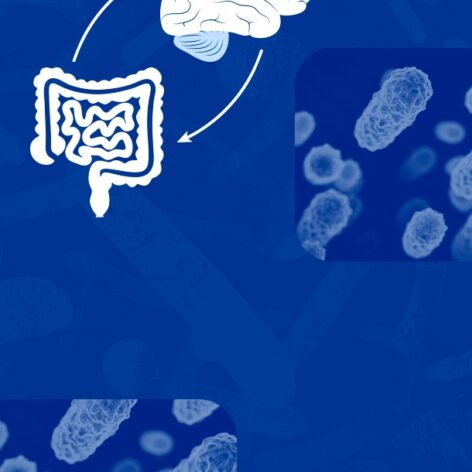Responsible for the digestion, absorption of nutrients and the excretion of waste, the gut is the body’s cornerstone of good health and wellbeing. Technically part of the gastrointestinal tract which also includes the mouth, stomach, small and large intestines, the gut is located just below the stomach. The liver, gall bladder and pancreas are connected to the gastrointestinal tract and also play a key role in the digestive system. Digestion of food is controlled by the brain, nervous system and various hormones via nerves to the stomach.
As well as helping with the digestion of food, ensuring nutrients are absorbed through the wall of the gut into the bloodstream to fuel and sustain us, the gut also regulates energy metabolism, provides signals for the development and function of the immune system and even influences mental wellbeing by regulating the gut-brain connection. It is home to over two-thirds of the body’s immune cells, and a unique community of around 100 trillion microorganisms, collectively known as the ‘microbiota.’
Just like our fingerprints, the composition of gut microbiota is unique to each individual and is influenced by various factors, including genetics, age, lifestyle, environmental microbial exposure, medical treatments and diet.
The interplay between the gut and its microbiota is extremely important for health and wellbeing. Fortunately, nutrition is one of the most important environmental factors that can positively influence gut microbiota composition. The right nutrition not only helps the gut function at its best and establish and maintain a balanced microbiota, but it also contributes to health development and general health by positively influencing and training the immune
system.1van der Aa L.B. et al. Clin Exp Allergy. Published on 2010. 40(5):
p. 795-804
View References
| 1 | van der Aa L.B. et al. Clin Exp Allergy. Published on 2010. 40(5): p. 795-804 |
|---|


